According to information from the latest meetings of the Technical and Advisory Board of Football (part of the IFAB, the global body that issues the laws of football), members have agreed that VAR should be allowed to intervene in cases where a player is wrongly shown a second yellow card.
This proposal will be presented to the IFAB Annual Meeting on January 20, 2026 in London, and will then require further approval at the Annual General Assembly in Cardiff in February, before officially coming into effect on July 1, 2026.
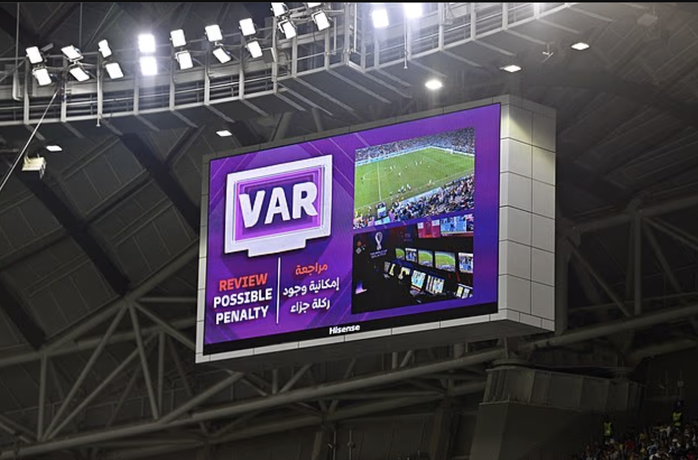
The "fifth revolution" of VAR is about to take place in the world of football.
According to The Sun , FIFA – which holds 4 out of 8 votes from the IFAB – is working to push for the new rule to be implemented at the World Cup before the opening day on June 11, 2026. If approved, this would be the "fifth scenario" allowing VAR to participate in matches, in addition to the four existing interventions: goals, penalties, direct red cards, and identifying the penalized player.
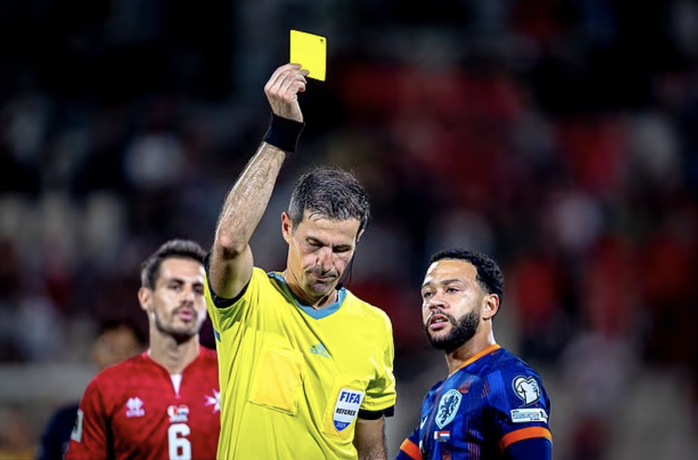
The player who receives a second yellow card will be reviewed by VAR.
The goal of this change is to correct instances of wrongful disqualifications – which often cause controversy and seriously affect match outcomes. The IFAB believes that expanding the scope of intervention will help make VAR technology fairer and more effective.
"Tighten" the time-wasting tactics, and avoid taking too long for throw-ins.
Alongside improvements to VAR, lawmakers are also discussing the problem of time-wasting – particularly the widespread tactical throw-ins in the Premier League.
According to The Guardian , the IFAB is considering limiting the time players are allowed to prepare before a throw-in, in order to increase the actual playing time of the ball.
Although no specific number has been given, the new rule could be similar to the 8-second rule for goalkeepers – whereby if a team holds the ball for too long, the offending team will be awarded a corner kick to the opposing team.
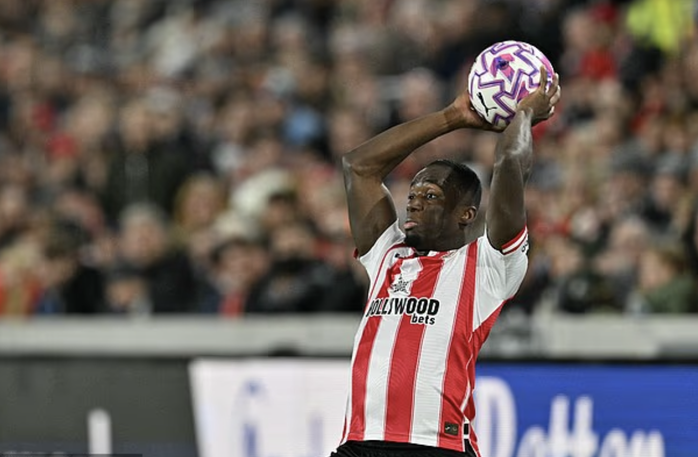
The team that wastes time during a throw-in will be awarded a corner kick.
In recent seasons, English teams have been reusing the "long throw-in" as a kind of second corner kick, significantly disrupting the pace of the game. Limiting the time for throw-ins is expected to help bring football back to a faster, more exciting pace.
The offside rule and "Wenger's Law" are put on hold for now.
In addition, the IFAB also discussed improvements to the offside rule – specifically, the proposed "Wenger Law" to minimize offside situations where the ball is only a few centimeters offside, thereby encouraging attacking play. However, members agreed that this issue requires further research and testing before a final decision can be made.
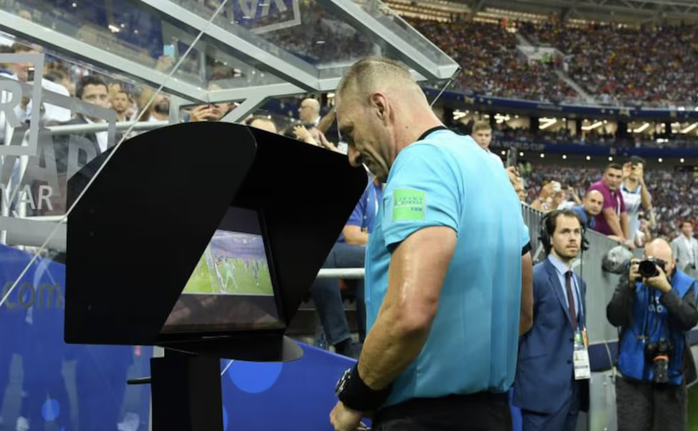
VAR is constantly being improved in line with the development of football.
A new advancement in refereeing technology.
Since its implementation, VAR has been a subject of global controversy, with weekly instances of decisions deemed "wrong person at the wrong time." With plans to expand its intervention powers, the IFAB expects this to be the most significant advancement in video refereeing technology since 2018, helping to protect fairness and transparency in football .
Source: https://nld.com.vn/sap-co-cuoc-cach-vang-var-truoc-them-world-cup-2026-196251029102551946.htm










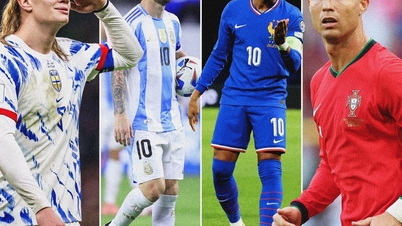

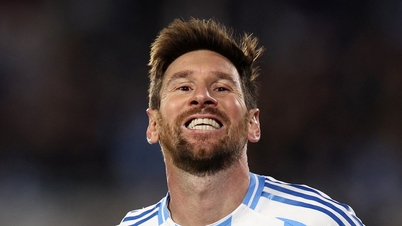


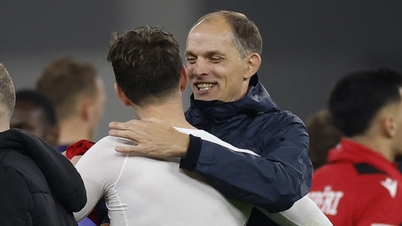



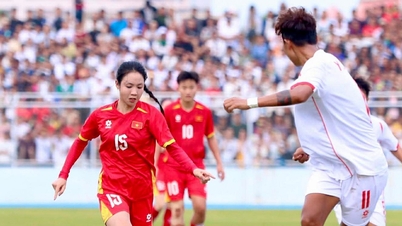

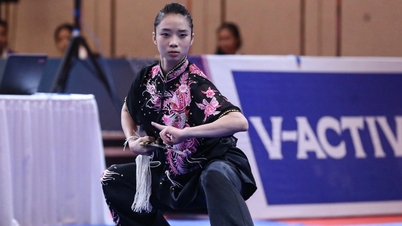
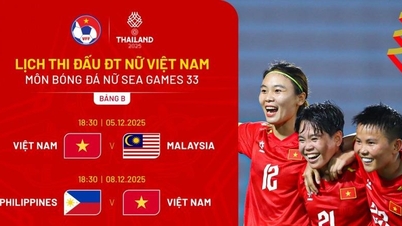







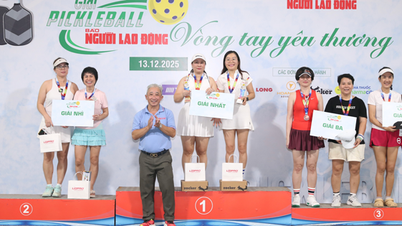
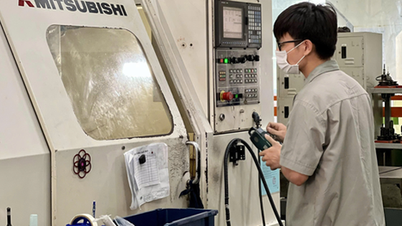

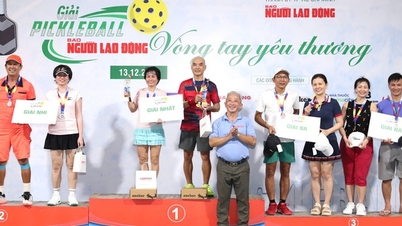
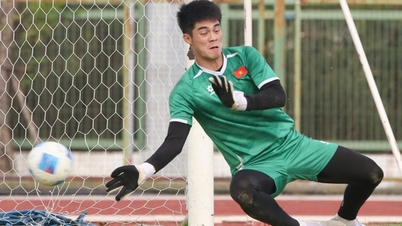




































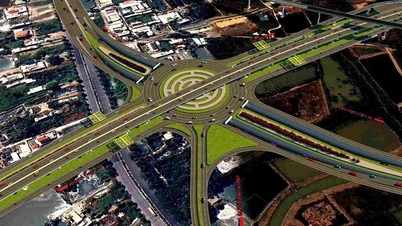


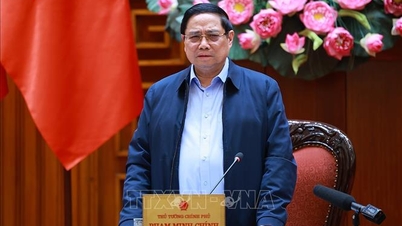

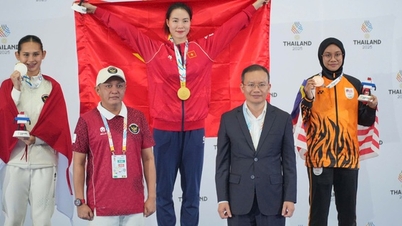


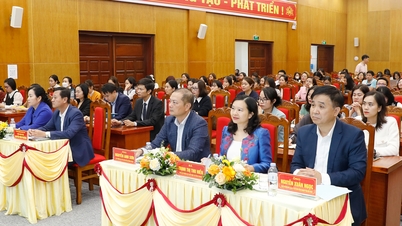

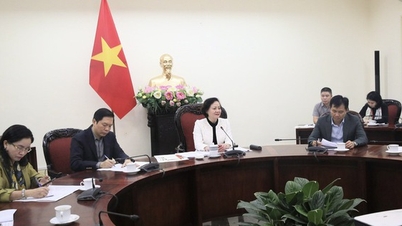
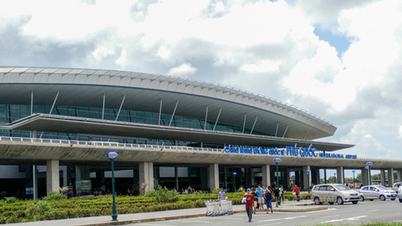
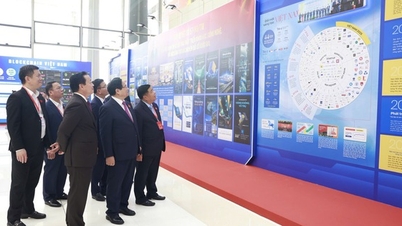


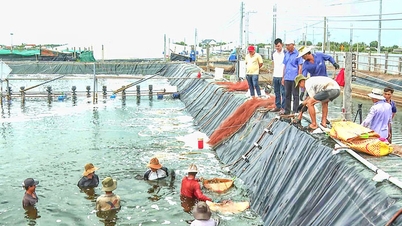

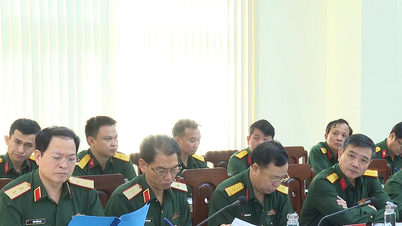

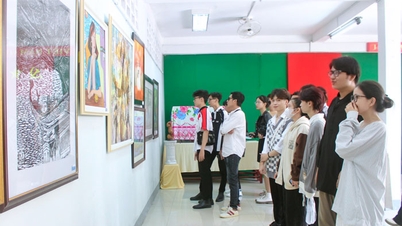
















Comment (0)